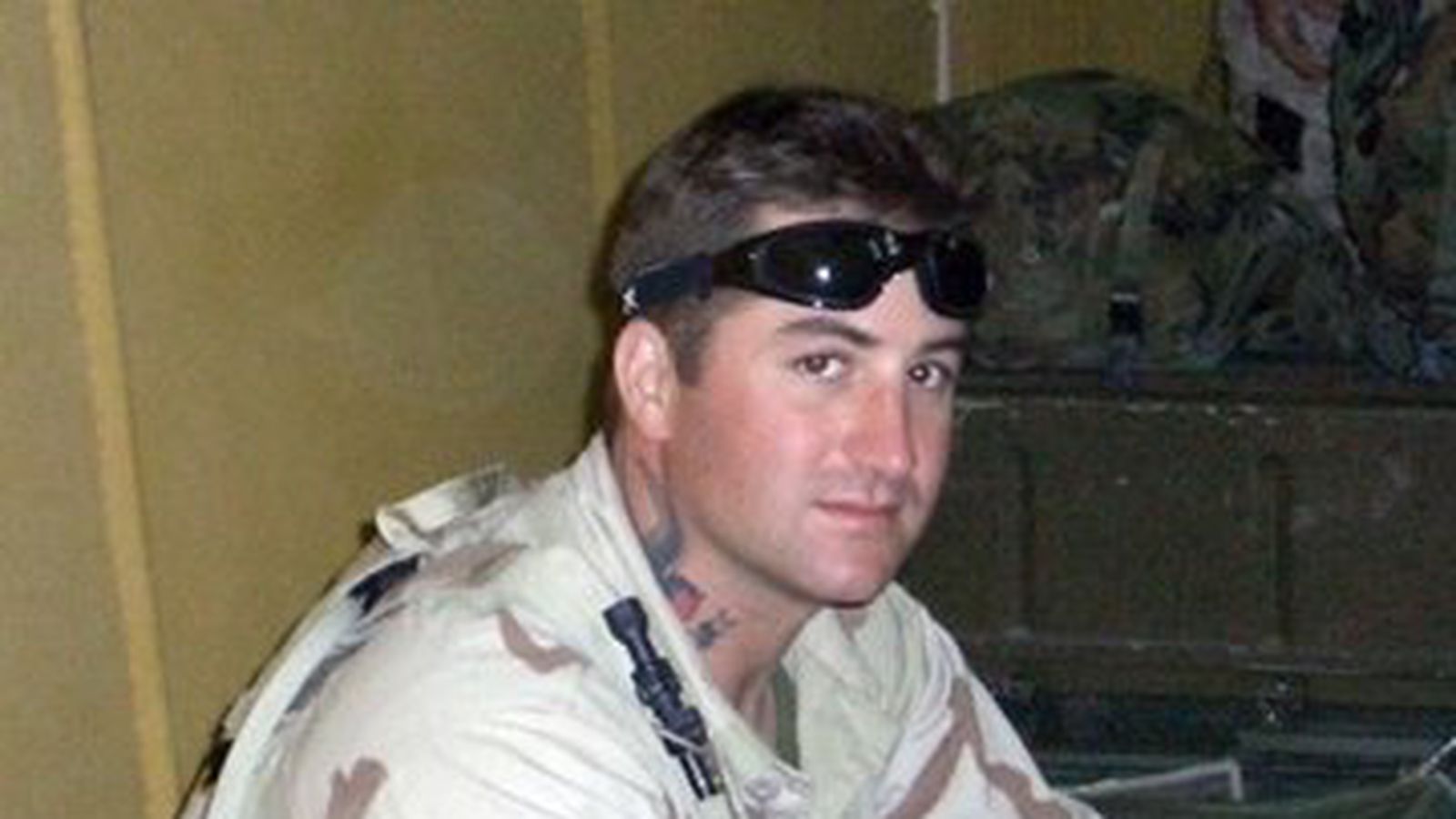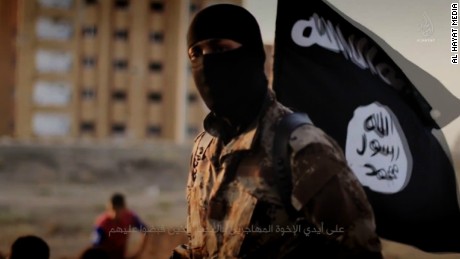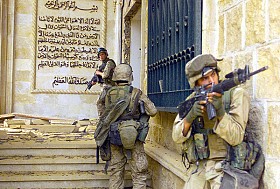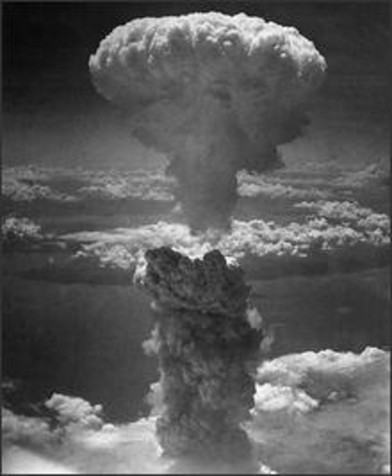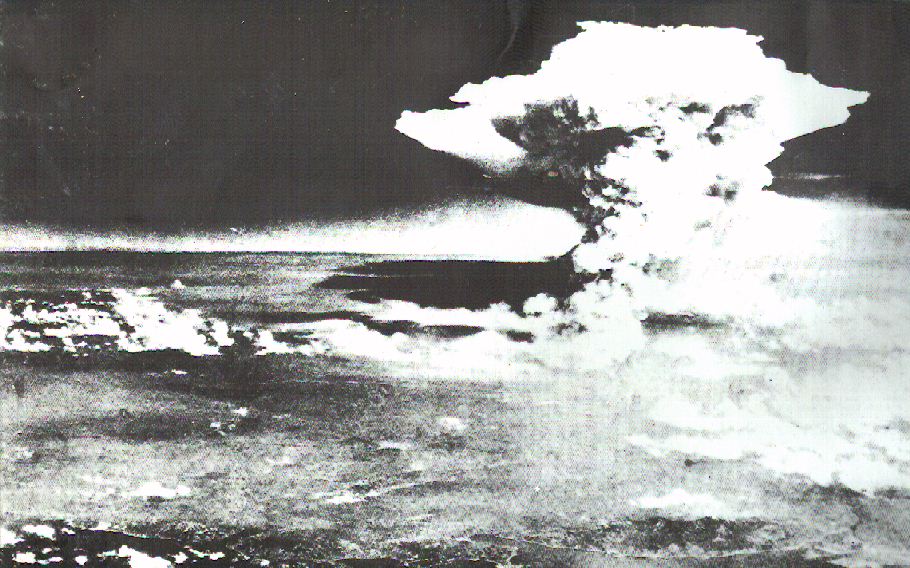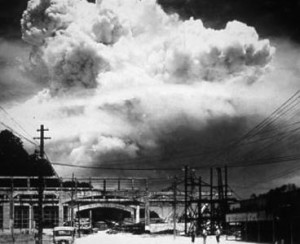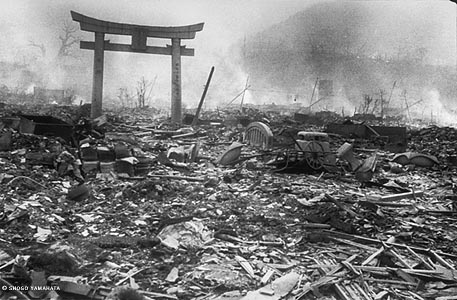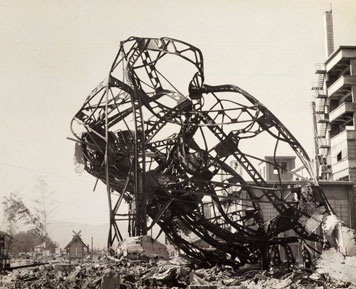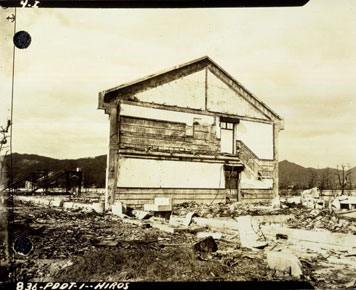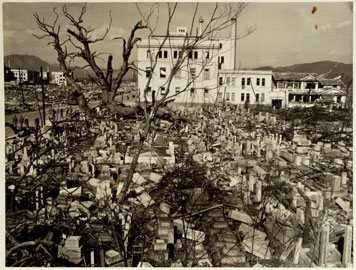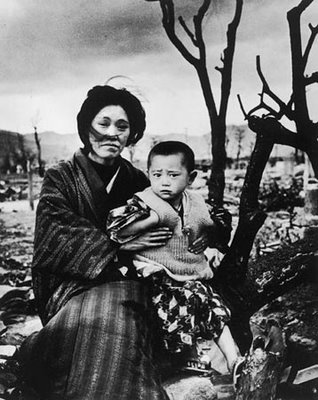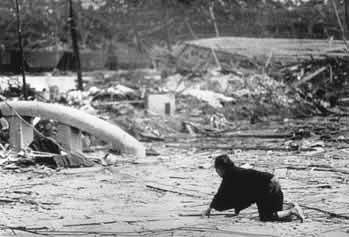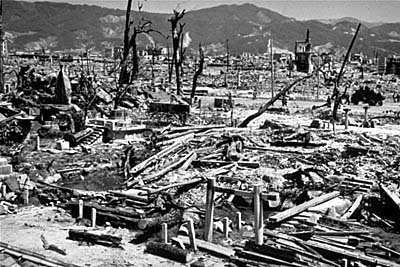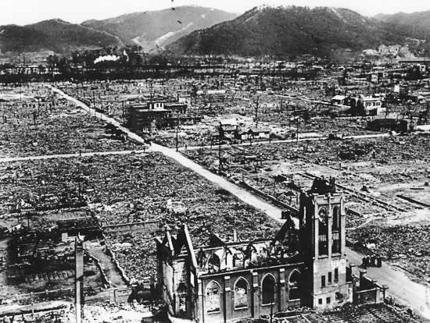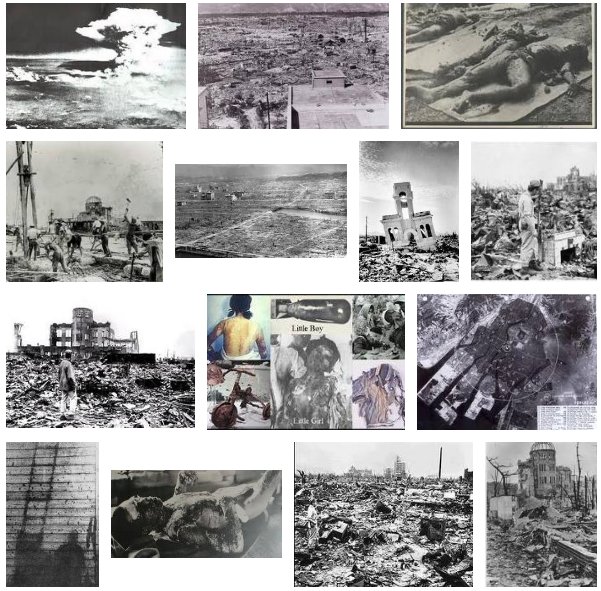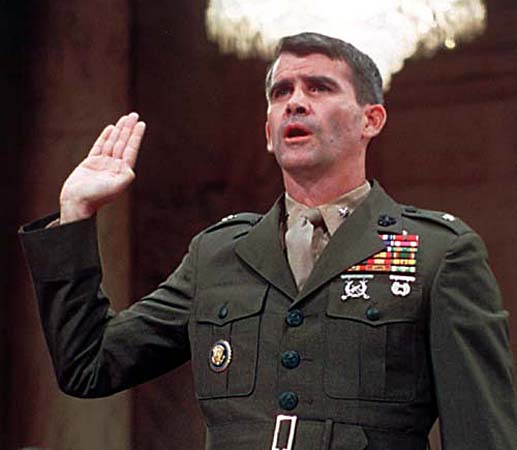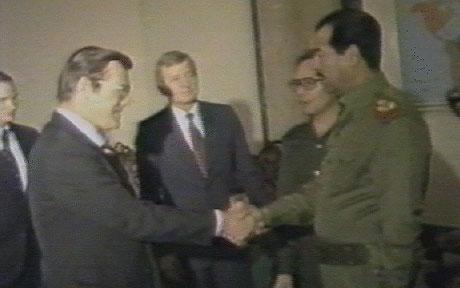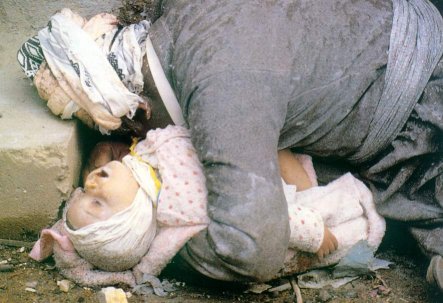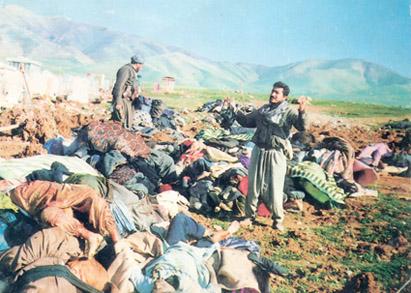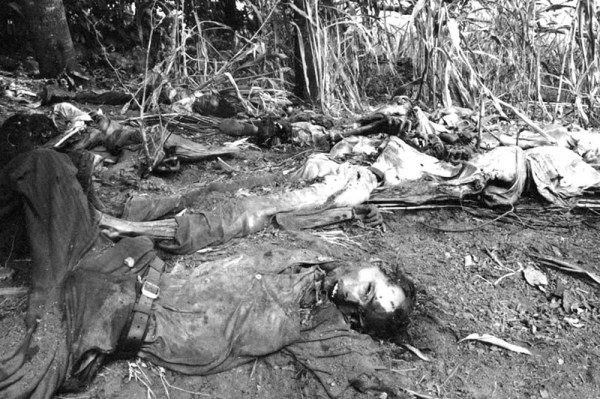This War of Mine
Shared Article from Polygon
Meet the Iraq veteran helping to make an unconventional game abo…
In November of 2004 seven U.S. Marine battalions and associated coalition forces began a bombardment. When the planes had finished their work and afte…
Charlie Hall @ polygon.com
In 2004 Keyser was attached to the 1st Battalion of the 3rd Marine Regiment, part of 3rd Marine Division of III Marine Expeditionary Force. During the Second Battle of Fallujah, it was Keyser’s job to put Marines back together, as best he could, while under fire. . . .
It was his work with civilians, his memories of that time in his life, that drew him to This War of Mine, an upcoming game by 11 bit. The game aims to tell the story of war from the perspective of the innocents trapped inside it. It is a narrative adventure survival game unlike any other, where players shepherd a ragtag group of strangers and, with luck, help them to survive.
The game appealed to Keyser right away, because it was the first time he had seen his experiences shown in the hobby he loves. Shortly after he learned of the game the former corpsman volunteered to help 11 bit playtest it, free of charge. He’s been helping tweak the game for months, a task that at times has been hard for him.
“I was diagnosed with chronic post-traumatic stress disorder in 2007 when I was discharged,” Keyser said. “It’s definitely manifested over the past few years. I’ve been married twice. I’m an alcoholic. There are lots of not-great things that have occurred for me mentally.
“[This War of Mine] is definitely very affecting. My mind automatically goes back. I played a build one time and I was kind of taking notes and I kind of had to say, !!!@@e2;20ac;2dc;Okay. I’m not going to do this again for a couple of days.'”
Keyser believes that the message the game conveys is important for Americans to hear — especially veterans. Part of the goal of the work Keyser is doing for 11 bit is making sure this game is worth a veteran’s time.
“From my perspective,” Keyser said, “it’s effective as a game. I am certain there are vets — probably a lot of my buddies out there — that will have a hard time sitting down to play this kind of thing. And that’s what I think of too; is this game meaningful enough that other veterans might sit down and, regardless of how it makes them feel mentally, still push through? Is that going to happen? Will they still do it, even if it makes them feel a certain way?”
The kind of empathy games can bring about, Keyser said, can create a kind of experience that veterans might not otherwise get from modern games.
“I’ve been thinking that a game like this needs to be made for quite some time now,” Keyser said. “Especially in the gaming climate with Call of Duty and things like that are really popular, this is kind of something that needs to be done.
“Every few seconds I’m thinking of how this place looked like a building that I’ve seen … I’m automatically thinking specifically about Fallujah, about people who may have had to [take shelter where I was fighting], and my mind goes right there. We had to sleep in some of those ruined buildings as well.”
–Charlie Hall, Meet the Iraq veteran helping to make an unconventional game about war
Polygon (4 September 2014)
